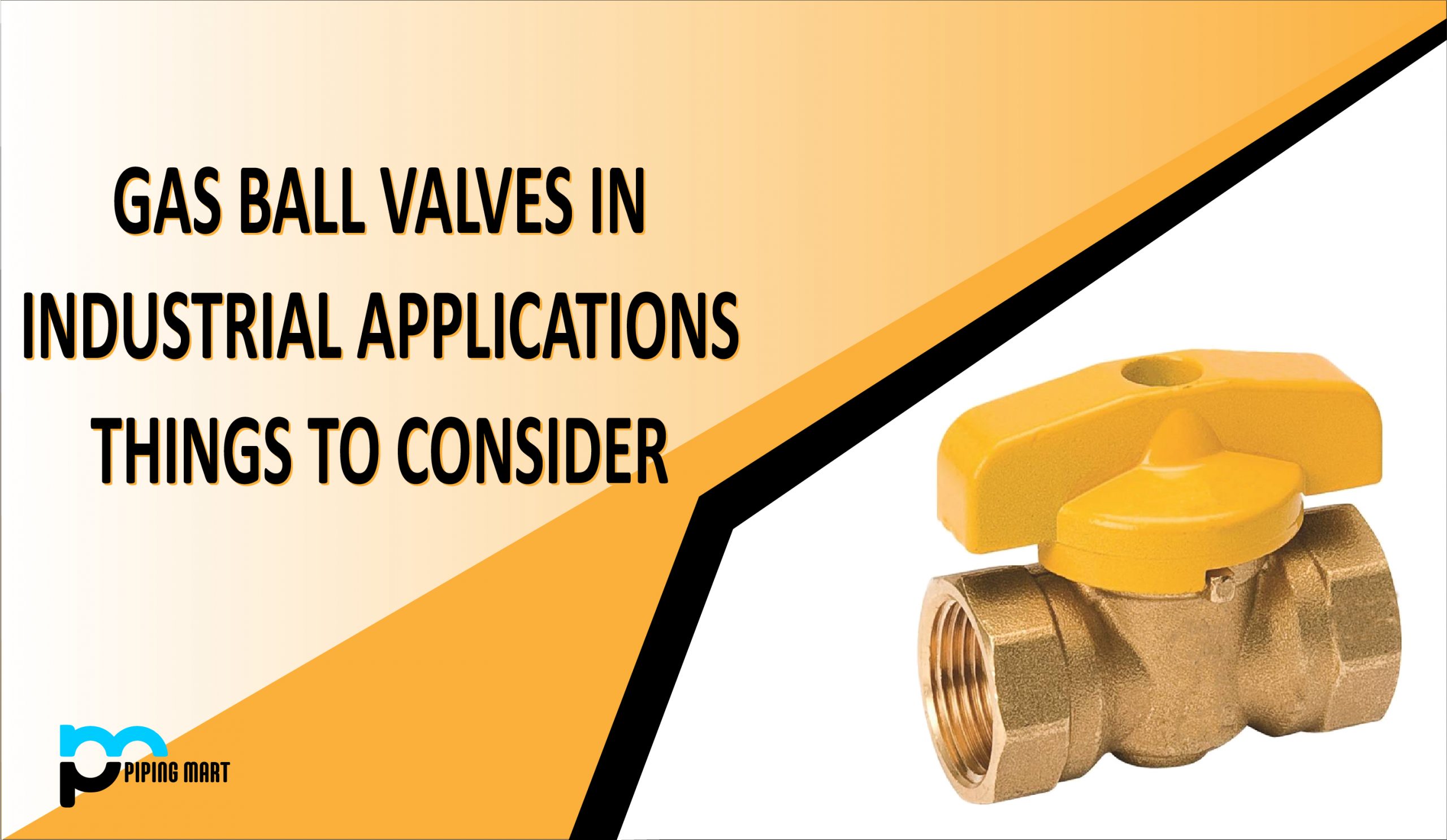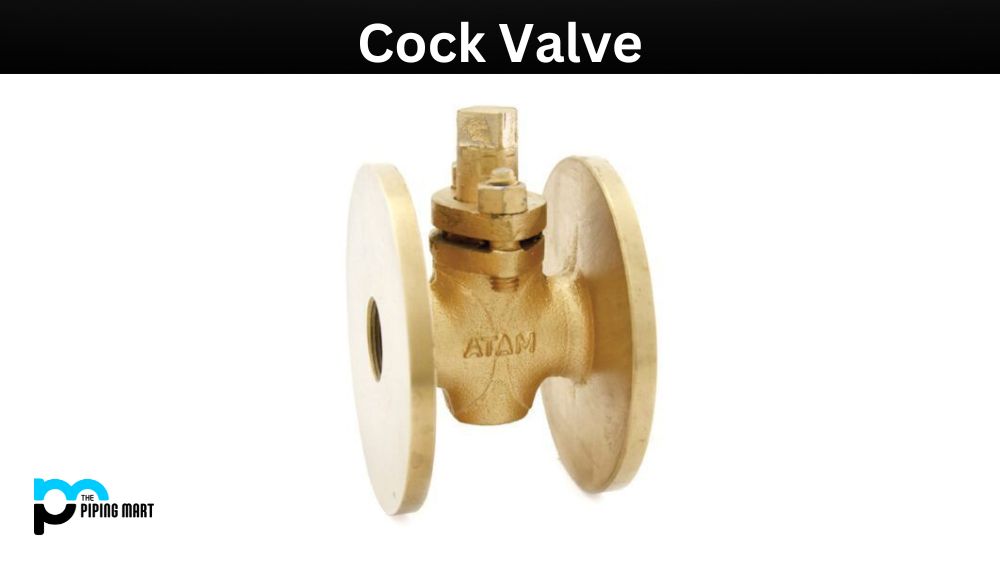A gas ball valve is a quarter-turn flow control device that is designed to outperform conventional ball valves in terms of performance, shut-off, and sealing. Apart from high pressure, high temperature, water service ball valves, gas ball valves have such a compact and lightweight valve body design that increases their versatility and makes them suitable for a variety of applications. Gas ball valves operate on the same principles as other ball valves; they are mostly two-piece construction and have a 14 turn shut-off. That being said, they are not your typical ball valve. Gas ball valves must be CSA-approved before they can be used in combustible gas applications.
Gas ball valves are commonly used in applications and piping systems that transport flammable fluids such as hydrocarbons, liquefied petroleum gas (LPG), natural gases, and chemical vapors. These valves are also suitable for boilers, furnaces, gas stoves, as well as residential and commercial water heaters. Gas ball valves are used in flow control applications that operate at high pressures and temperatures. Given the combustible nature of the majority of the working fluids, preventing leakage at the valves is critical. Metal-seated gas ball valves or PTFE seats provide sealing and protection against fugitive emissions.
A ball valve is a type of shut-off valve that controls the flow of a liquid or gas through the use of a rotary ball with a bore. The medium can flow through or is blocked by rotating the ball a quarter-turn (90 degrees) around its axis. They have a long service life and provide reliable sealing over the life of the valve, even when it is not in use for an extended period. As a result, they are more commonly used as a shut-off valve than, say, a gate valve.
The ball is positioned between two seats and is connected by a shaft to the operating and control mechanism that rotates the ball. The fluid is not allowed to pass through the valve when the cross-section of the bore is perpendicular to the area of flow. The fluid flows through the valve, and the flow rate is determined by the area of the bore that is exposed to the floor.
Feature of Gas Ball Valves
- Conform to international standards.
- Standard thread connection.
- High-quality materials.
- Have a valid Certificate of Compliance.
Benefits of Gas Ball Valves
- Excellent Shut-Off Characteristics: – In response to pipeline pressure conditions, the valves open and close quickly. It’s critical for avoiding backflows and contamination.
- Versatility and Efficiency: – Gas ball valves have a compact design that allows them to be used in a variety of industrial applications. They require simple actuation mechanisms and operate at low torque.
- Durability and Easy Maintenance: – These valves provide excellent flow control over their service life and require minimal maintenance.
- Strength: – High-temperature, high-pressure, and high-volume applications require dependable performance.
- Simple Maintenance: – Dependable operation that is also simple to repair.

Pipingmart is B2B portal specializes in industrial, metal and piping products. Also, share latest information and news related to products, materials and different types grades to help business dealing in this industry.




